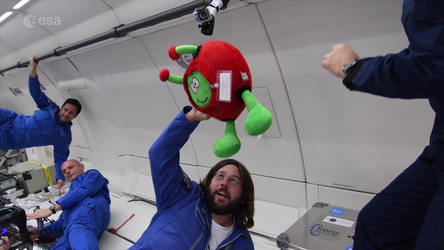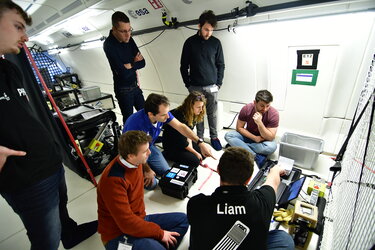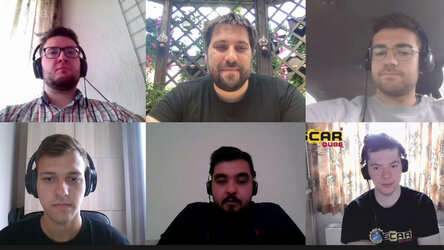

Grainpower 'Fly your thesis!' experiment
Preparing the Grainpower experiment for the 72nd ESA parabolic flight campaign as part of the 'Fly your thesis' educational initiative. Parabolic flights treat passengers and experiments to a rollercoaster ride, flying angled at 49º 30 times per flight. They are used to conduct short-term scientific and technological investigations in microgravity and reduced gravity, to test instrumentation before use in space, to validate operational and experimental procedures, and to train astronauts for spaceflight.
Space exploration missions are severely constrained by how much equipment can be launched. Additive manufacturing, or 3D-printing, technologies add versatility and making 3D-printing available for space applications would allow for on-demand production of tools and replacement parts in space, enabling drastic increase in self-sufficiency for missions. So far only filament-based 3D-printing technologies have been used as a permanent feature in space. Developing powder-based techniques would be more versatile as it can be adapted to different raw materials, such as dust found on planets. Using powder as base material is more precise than filament-based processes, and easier to recycle if only one raw material is used. All commercially-available powder-based processes rely on gravity and on granular flow for powder deposition. This experiment will demonstrate the feasibility of powder-based additive manufacturing in microgravity by flying a prototype powder-based 3D-printer.
The Fly Your Thesis! programme gives master and PhD candidates the opportunity to fly their scientific experiment or technological research in microgravity conditions. The experiments can be related to fluid physics, chemistry, biology, material sciences, heat transfer and astrophysics. The parabolic flight campaign takes place on the Airbus A310 Zero-G, which is operated by Novespace from Bordeaux, France. Each campaign consists of a series of three flights providing about 20s of microgravity each.





